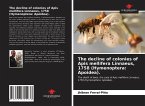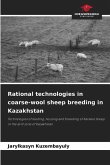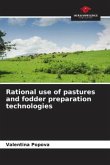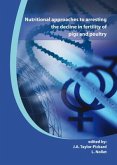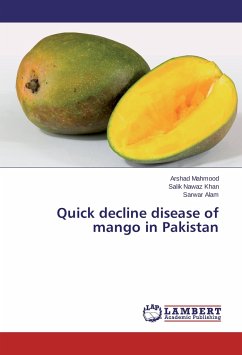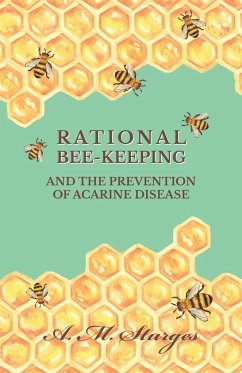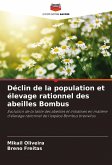Among the main causes of the decline of bees are changes in land use, intensification of farming, deforestation, fires, the intense use of pesticides and climate change. Various studies around the world suggest that species of the genus Bombus are among those most affected by these environmental changes. There are six species identified in Brazil and among them, the species Bombus brevivillus has never been studied and there is very little information about it in the literature. The aim of this work is therefore to investigate whether large bees are in fact suffering a greater impact and whether there is a possibility of generating information about the native species B. brevivillus in order to breed it rationally as a way of contributing to its zootechnical exploitation and consequent conservation of the species. As Brazil does not have a historical series of bee collections (large entomological collections), we searched for data in Europe on the influences of environmental and climatic changes on large bees, and based on this information we worked with the native Brazilian species Bombus brevivillus.
Bitte wählen Sie Ihr Anliegen aus.
Rechnungen
Retourenschein anfordern
Bestellstatus
Storno


